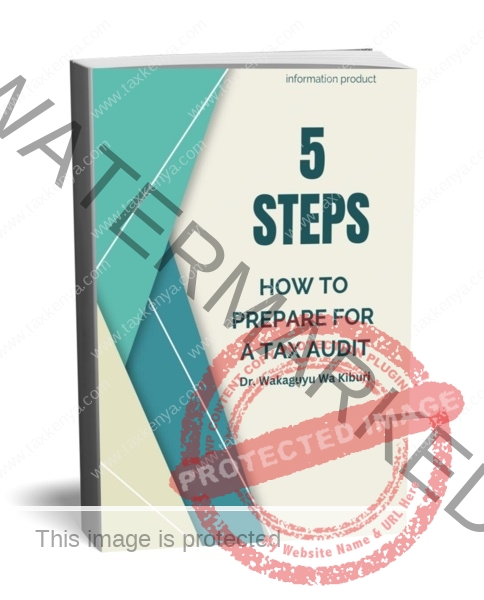The concept of an invisible taxpayer is not well understood throughout the world. There are many taxpayers who are not visible, yet they contribute enormously to the country’s revenue. In Kenya, there are very few people in society who do not think that they contribute anything to the exchequer. The fact is that there is no single person who does not pay tax in this country.
a. Affiliate Disclosure: These are affiliate links from which we receive a commission at no cost. Read the full affiliate marketing disclosure HERE.
b. Tax Contents Disclaimer: The tax industry in Kenya is very dynamic. The tax contents of the posts are not professional advice. Read the full disclosure HERE.
Let us examine the two main domestic taxes.
Income tax
Every single person who has any taxable income in any year of income is required under the tax law to pay tax. That income must have been ‘derived or accrued from Kenya’. For any person to have any taxable income, they will have engaged in various activities.
According to the Income Tax Act, Cap. 470, any income from the following activities is taxable in Kenya, subject to the various regulations under the Act.
a. Gains and profits from:
-
- Business.
- Employment.
- Rent.
b. Dividends or interest.
c. Pension charge or an annuity and any withdrawal from or payment out of a registered pension fund, a registered provident fund or a registered individual retirement fund and any withdrawal from a registered home ownership savings plans.’
d. Natural resource income.
e. Any amount deemed as income under the Income Tax Act or rules made under the Act.
f. Gains accruing from the 8th Schedule of the Income Tax Act The 8th Schedule is on the accrual and computation of gains from property other than investment shares transferred by individuals.
g. The net gain derived on the disposal of an interest in a person if the interest derives 20 per cent or more of its value, directly or indirectly, from immovable property in Kenya.
The persons who derive the taxable income in Kenya do it from persons with PINs and those who do not. The person eventually pays the income tax to the government.
Value Added Tax
Value Added Tax (VAT) in Kenya is a consumption-based tax, meaning that a person pays VAT on the consumption of goods and services that are subject to VAT. Therefore, every single person pays VAT in Kenya because, at some point or another, they consume goods and services that are subject to VAT, irrespective of their status in society.
For example, when a street man or street woman walks into a chip shop on Moi Avenue, they are charged VAT on whatever they buy, like everyone else.
Taxpayers
Governments across the world should recognize all taxpayers. This is because the government does not have its own money but heavily relies on the contributions from taxpayers. The taxpayers make their contributions without debating whether they are benefiting from the tax revenues.
Therefore, the government should provide goods and services to all its citizens. For example, no single Kenyan should sleep on the streets or without food.
Food security is not about tomorrow; it is about today. Likewise, affordable housing is not about tomorrow; it is about today.
For any clarifications, get in touch through email.
Watch our video on ‘The Invisible Taxpayer’ here…
Thank you for reading the article.
Dr. Wakaguyu Wa Kiburi.





